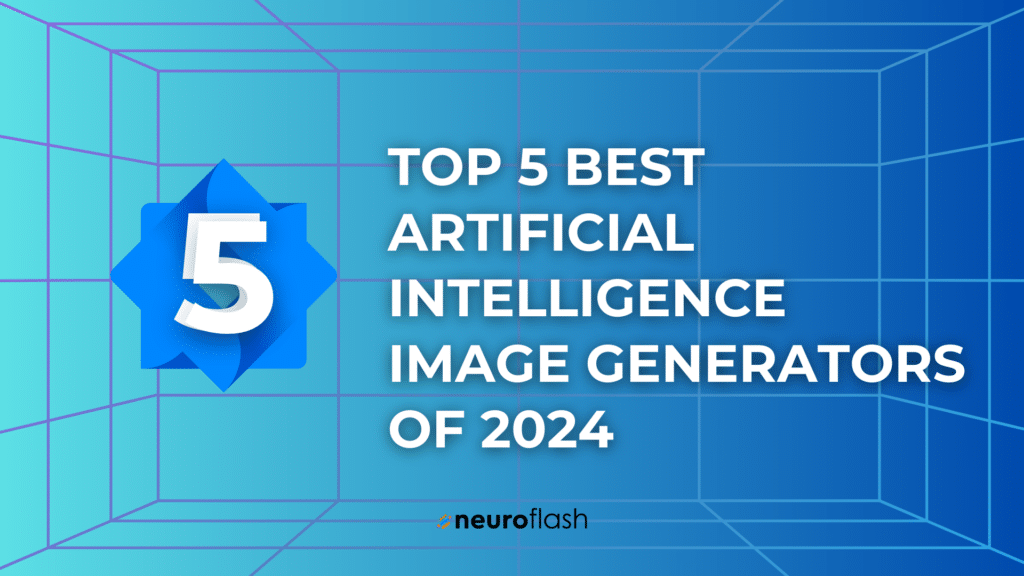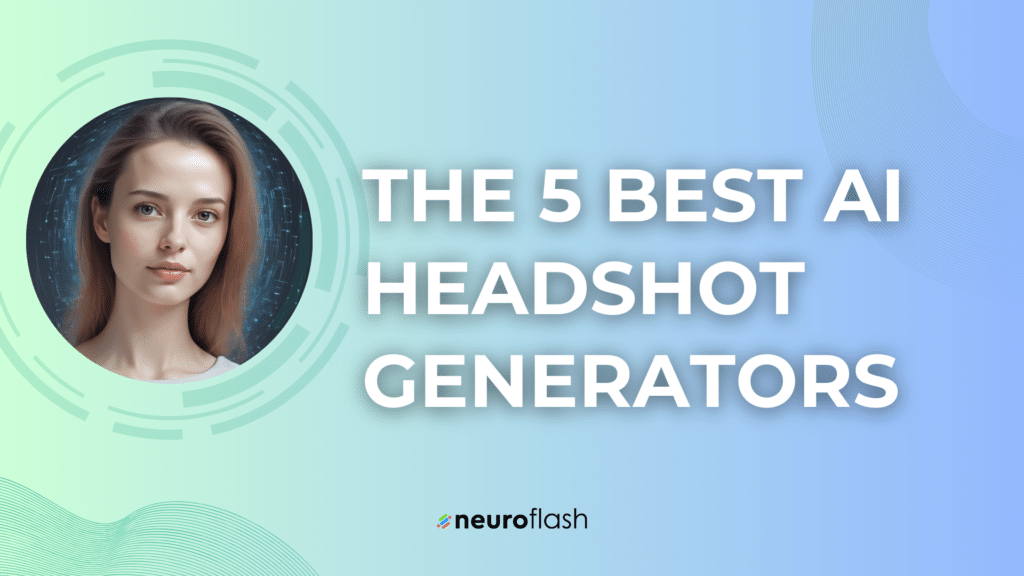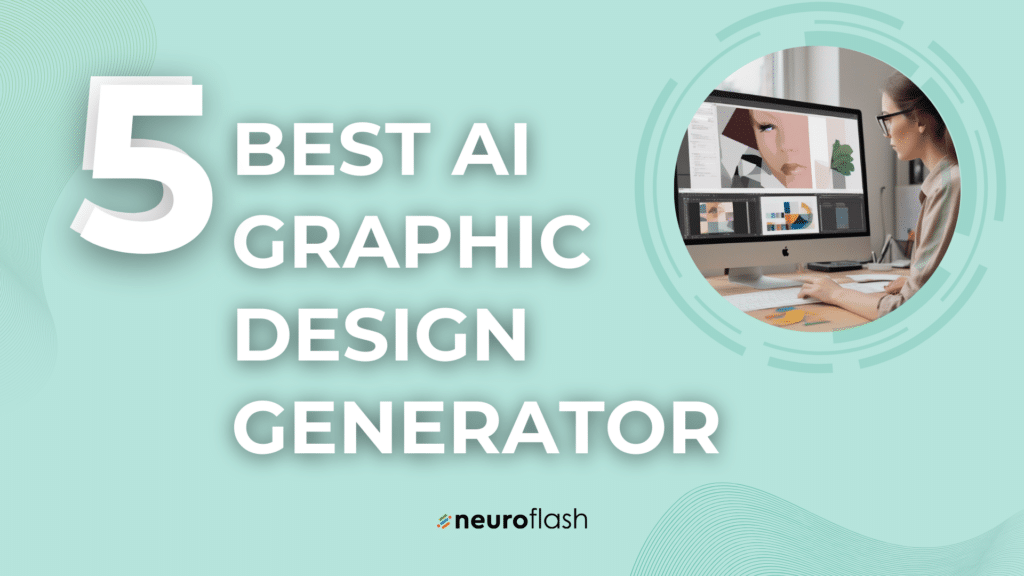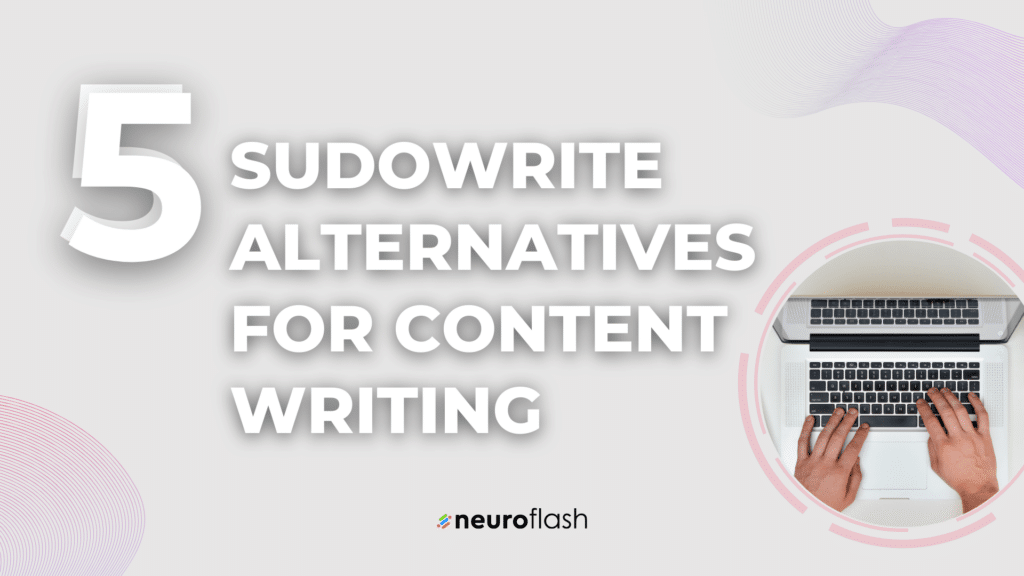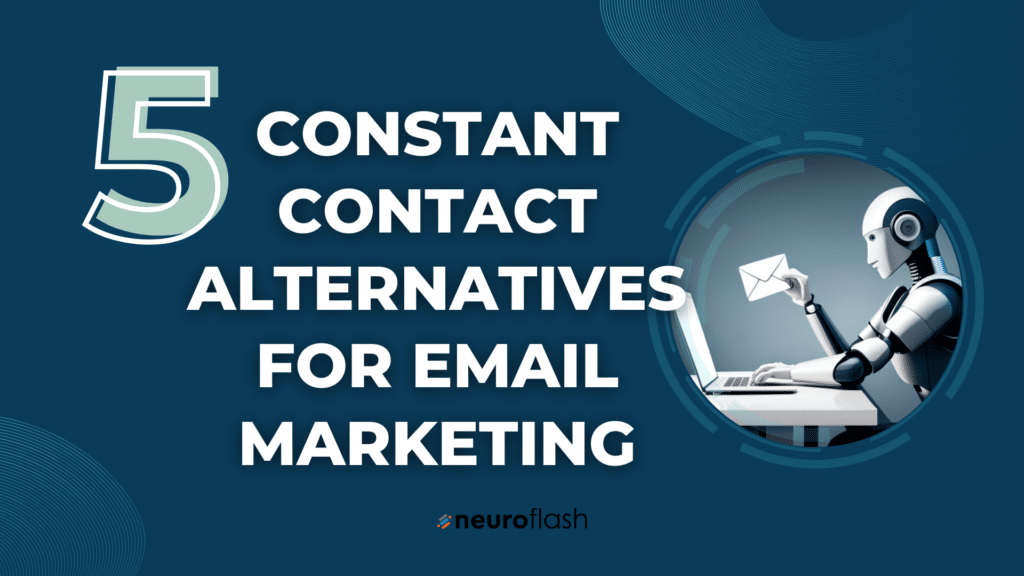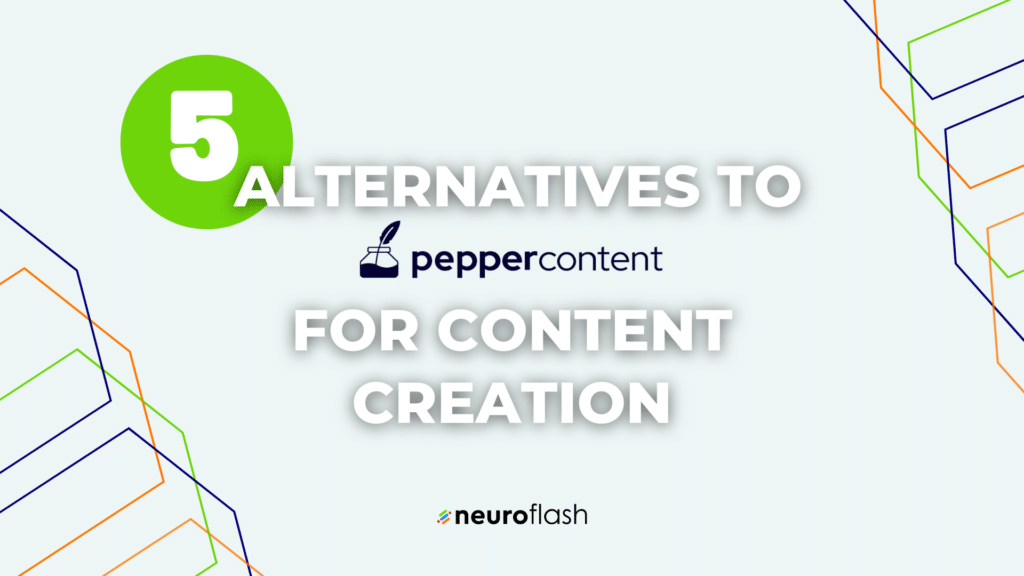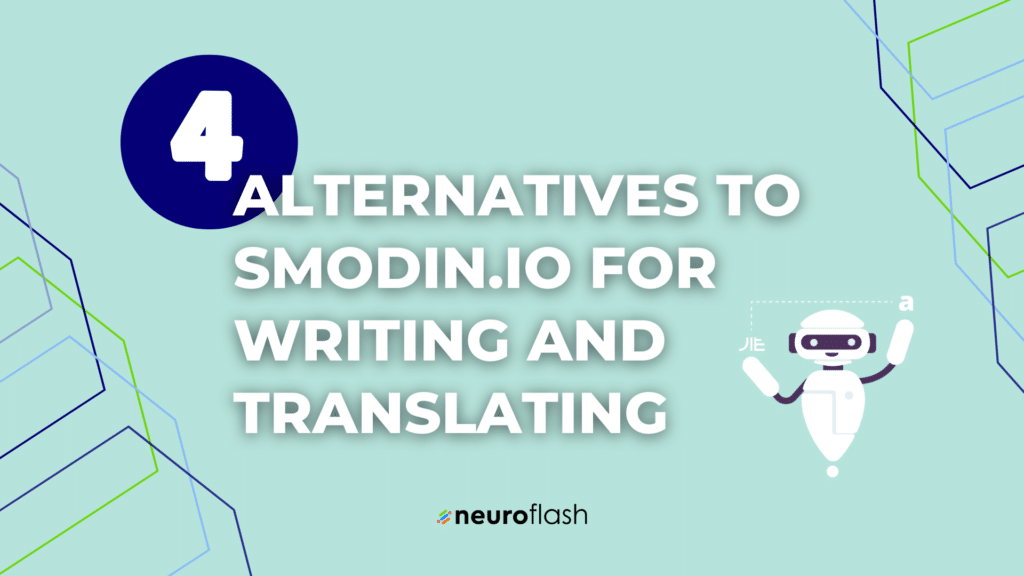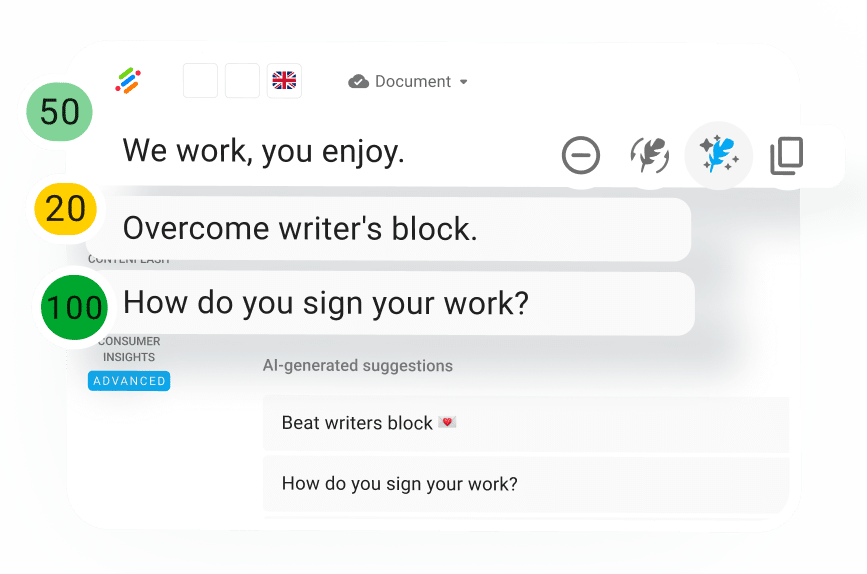In the content-driven online world, getting to grips with AI content performance prediction is becoming increasingly important. Our latest blog post takes a closer look at how artificial intelligence is giving content creators a whole new way to plan, predict and fine-tune their work to really hit the mark. We’ll show you how you can use AI to bring deeper insights into your content strategy and how predictive analytics can help you get better results. Plus, we’ll introduce you to some of the top tools that are making this all possible. We’re also peeking into the future to see what’s next in AI and content marketing. Whether you’ve been in the marketing field for years or you’re just starting out, this article has got you covered on how to make AI work for you and turn your content into something truly effective.
Summary
💡AI plays a pivotal role in predicting content performance by analyzing data points like page views, engagement rates, and user behavior, offering insights for crafting more effective content strategies.
💡AI-driven insights enhance content strategy by providing real-time data analysis for content personalization, optimization, and distribution, leading to higher engagement and conversion rates.
💡Predictive analytics utilize historical data to forecast future content performance, enabling proactive content optimization and efficient resource allocation for higher ROI.
💡AI tools streamline content creation, offering solutions for content generation, SEO optimization, personalization, predictive analytics, and multimedia content creation, boosting both efficiency and content quality.
💡Future trends in AI and content marketing include hyper-personalization, AI-driven content creation and curation, real-time content optimization, predictive content marketing, and the integration of AI with emerging technologies like AR, VR, and IoT, redefining audience engagement and content performance.

Introduction to AI-Powered Content Performance Prediction and Analysis
In the realm of online marketing, the spotlight always shines on content, but it’s a space where standing out demands innovation and foresight. Here, Artificial Intelligence (AI) emerges as a game-changer, especially in predicting and analyzing content performance. This facet of AI dives deep into the world of analytics, employing algorithms that digest past content performance data to forecast future trends. It’s about understanding what resonates with your audience, optimizing for engagement, and, ultimately, ensuring your marketing strategy is not just a shot in the dark but a well-informed decision.
❇️ Here is a list highlighting how AI helps in content performance prediction:
- Multidimensional Data Analysis: AI examines a wide range of data points including page views, engagement rates, social signals, and user behavior, providing a comprehensive understanding of content performance.
- Pattern Recognition: AI tools go beyond basic analytics to detect complex patterns and correlations that may be missed by human marketers.
- Language Optimization: By analyzing the nuances of language that elicit positive responses from audiences, AI assists content creators in developing more impactful messaging.
- Strategic Content Timing: AI evaluates the most effective times for releasing content to maximize visibility and impact.
- Platform Specific Analysis: The technology takes into account the different dynamics of various sharing platforms to tailor content strategy accordingly.
- Content Type Adaptation: AI identifies which types of content perform best in varying circumstances, helping to tailor the content mix.
- Continuous Learning for Improved Predictions: As more data is analyzed, AI’s predictive analytics become increasingly refined, enhancing the accuracy of future performance forecasts.
- Increasing Returns on Investment: With ongoing use, AI-powered content marketing strategies become more effective, aiding businesses in achieving their objectives with greater efficiency.
In essence, AI in content performance prediction represents a pivotal shift in how marketers and businesses approach content strategy. It offers a blend of precision, adaptability, and insights that was previously out of reach, enabling content creators to not just keep up with the competition but stay several steps ahead.
Enhancing Content Strategy with AI-Powered Analysis and Insights
By harnessing AI-powered tools, companies can embark on a more data-driven approach to content strategy. This involves identifying themes and topics that resonate most with their target audience, leading to higher engagement and conversion rates. AI-powered analytics analyze vast arrays of data in real-time, offering insights that inform not only what type of content to produce but how to structure it for maximum impact.
AI algorithms can sift through user data to tailor content to individual preferences, behaviors, and past interactions. This level of personalization enriches the user experience, fostering a deeper connection with the brand and significantly boosting customer loyalty and retention rates.
Furthermore, AI can optimize content distribution, ensuring that content reaches its intended audience through the most effective channels and at the optimal times. This predictive strategy alignment between content creation and distribution amplifies visibility, engagement, and overall performance.
AI-powered insights also play a crucial role in content optimization. Through continuous learning and analysis, AI tools can suggest improvements to existing content, from tweaking headlines for better click-through rates to adjusting content formats for enhanced engagement. This iterative process ensures that content remains relevant and continues to perform well over time.
In summary, integrating AI-powered insights and analytics into your marketing strategy not only enhances its effectiveness but also transforms the way content is conceptualized, created, and distributed. It’s a strategic move that aligns with the evolving dynamics of online marketing, setting the stage for sustained success in a digital-first world.
PerformanceFlash: The AI-Powered Predictive Analytics and Content Performance Strategies Solution
The essence of AI-powered predictive analytics lies in its capacity to process and analyze historical data, thereby forecasting future outcomes. For content creators, this translates into a powerful tool that predicts which topics will resonate with their audience, the best times to publish content, and the types of content that will drive user engagement and conversions. It’s about making informed decisions that propel your content to the forefront of relevance and effectiveness. Let’s dive into the solutions that offers PerformanceFlash, the AI-powered Content Performance that will analyze your content to perform the best results.

One of the key advantages of AI-powered predictive analytics is its role in content optimization. By understanding the future direction of content trends and audience preferences, marketers can adjust their marketing strategies proactively. This foresight enables the creation of content that is not only timely but also timeless in its appeal, ensuring that your content strategy remains robust and agile in the face of changing market dynamics.
Moreover, PerformanceFlash’s AI-powered predictive analytics empowers content marketers to allocate resources more efficiently. By knowing what type of content is likely to perform well, efforts can be concentrated on creating high-impact content, thereby maximizing the return on investment. It’s a strategic approach that prioritizes quality over quantity, ensuring that every piece of content serves a purpose and contributes to the overarching goals of the content marketing strategy.
1. First Step:
Select the desired text type, specify a topic and choose the goals you want to achieve with your text.
Begin by choosing the specific text type that aligns with your content strategy. Define a relevant topic and outline the goals you aim to accomplish through your text. This initial step sets the foundation for leveraging PerformanceFlash to enhance your content creation process effectively.
Text types are different applications that you can select in the AI Writer App to generate different types of text, such as product descriptions or social media posts. Currently, the neuroflash App is capable of generating over 100 different text types. However, our team is always working in adding even more diverse text types to the list.
2. Second Step:
PerformanceFlash creates suitable short text suggestions to easlity improve your content performance.
Elevate the quality of your content to new heights with our expertly honed suggestions that are guaranteed to captivate and engage your audience effortlessly each time. With PerformanceFlash by your side, rest assured that your message will not only be heard but truly felt by those who encounter it.


3. Third Step:
The AI analyzes the texts and shows which possible emotions & associations they evoke in readers.
As a third step in utilizing PerformanceFlash to enhance your content performance, the AI platform conducts a thorough analysis of your texts. It identifies the range of emotions and implicit associations evoked in readers, providing valuable insights to optimize the impact and engagement of your content.

4. Fourth step:
Texts improved with just one click to customize your message.
Finally, with just one click, you can seamlessly enhance your texts to tailor and refine your message based on the insights gathered through PerformanceFlash analysis. This streamlined process empowers you to optimize your content effortlessly for maximum effectiveness.
How Flash Score works to analyze the impact of your content performance:
Predictive analytics also enhances audience segmentation. By predicting the behaviors and preferences of different audience segments, content can be tailored to meet the specific needs and interests of each group. This level of customization fosters a more engaging and personalized user experience, driving higher levels of satisfaction and loyalty.
The Flash Score is a prediction of the proposed text’s chances of success. It is based on your selected target group and your settings in the target window regarding the values and messages that the text should convey.

These crucial elements guide the overarching tone and messaging that your text aims to convey. By delving into sentiments, associations, and detailed descriptions of your intended demographic, each factor contributes uniquely to a holistic assessment. Through careful analysis of these distinct variables, we meticulously gauge their impact on crafting compelling copy that resonates effectively with your audience. The culmination of this meticulous process culminates in our proprietary Flash Score algorithm; a quantitative measure derived from these core values – enabling us to refine and enhance textual output in alignment with strategic objectives.
In conclusion, AI-powered predictive analytics is a critical component of a modern content marketing strategy. It provides a roadmap for content creation, enabling marketers to craft content that is not only relevant and engaging but also predictive of future trends. By harnessing the power of AI-powered predictive analytics, marketers can ensure that their content marketing strategy is not just reactive, but proactive, setting the stage for sustained success in the dynamic world of online marketing. By leveraging the insights generated by algorithms and analytics tools, businesses can identify key trends and strategies that resonate with their audience, ensuring a data-driven approach to content creation and engagement.

AI-Powered Tools for Optimizing Content Creation and Engagement
The following solutions are designed to supercharge the content creation process, enhancing both efficiency and effectiveness. From generating ideas to optimizing the final piece, AI-powered tools play a pivotal role in every step of content creation.
🤝 AI-Powered Content Generation for Audience Engagement
AI-powered content generation tools are revolutionizing the way businesses approach writing and content production. These tools can produce draft articles, social media posts, and marketing copy in seconds, based on the input parameters and goals you set. Not only do they save time, but they also provide a foundation that content creators can refine and personalize, ensuring the output remains authentic and increases engagement.
🎯SEO and Content Optimization Through AI Algorithms
AI tools for SEO and content optimization analyze top-performing content across the web to offer recommendations on keywords, meta tags, and content structure. This ensures your content is not only reader-friendly but also optimized for search engines, increasing its visibility and reach. By utilizing these tools, marketers can ensure their content ranks higher, driving more organic traffic to their website and enhancing audience engagement.
🚀 Content Personalization and Recommendation Engines for Improved User Experience
AI-driven content personalization tools allow for the dynamic customization of content to suit individual user preferences and behaviors. By analyzing data, these tools can recommend or alter content in real-time, providing a highly personalized user experience. This tailored approach significantly increases engagement rates and user satisfaction, making it a crucial strategy for marketers.
📈 Predictive Analytics for Enhanced Content Marketing Strategies
Advanced AI tools offer predictive analytics capabilities, enabling marketers to forecast content performance. This predictive insight allows for the allocation of resources to high-impact content pieces, enhancing the overall ROI of content marketing efforts. By understanding potential future trends, marketers can identify and implement more effective strategies, staying ahead of the curve.
🖼️AI-Generated Image and Video Creation Tools for Marketing
AI doesn’t stop at text. Tools for AI-generated images and videos are making it easier for businesses to produce visual content that is both captivating and relevant. ImageFlash, the neuroflash’s AI image generator can generate high-quality graphics or video content based on textual descriptions, dramatically reducing the time and cost associated with traditional content production methods.
In conclusion, AI-powered tools offer a myriad of benefits for optimizing content creation and user engagement. They not only streamline the content creation process but also enhance the quality and relevance of the output. By integrating these tools into your content strategy, you can achieve a higher level of precision, personalization, and performance, ensuring your content resonates with your audience and drives your marketing objectives forward. With AI’s assistance, the potential for content creation is boundless, opening up new avenues for innovation and engagement in the digital marketing space.

Future Trends in AI and Content Marketing Performance
The future of AI in content marketing promises not only to refine existing methodologies but also to introduce groundbreaking trends that could redefine how we understand user engagement and content performance. Here’s a glimpse into the future trends that are set to revolutionize the content marketing landscape:
| AI-Powered Hyper-Personalization in Marketing | |||||
| AI-powered tools will enable the creation of content that adapts in real-time, not just to user preferences, but also to their current emotions and contexts. | |||||
| AI-Driven Content Curation and Creation for Marketers | |||||
| Including text, images, videos, and interactive media, will expedite the content creation process, maintain consistent quality and brand voice. | |||||
| Real-Time Content Optimization Using AI Analytics | |||||
| Marketers will be able to react instantly to user feedback, ensuring content remains relevant and engaging. | |||||
| Predictive Analytics in Content Marketing Strategies | |||||
| AI will identifies future trends and audience needs before they become mainstream. | |||||
| Seamless Integration with Emerging Technologies | |||||
| AI will seamlessly integrate with other emerging technologies such as augmented reality (AR), virtual reality (VR), and the Internet of Things (IoT), creating immersive and interactive content experiences. |
In conclusion, the future of AI in content marketing is incredibly promising, offering opportunities to enhance every aspect of marketing strategy, creation, and optimization. As these technologies continue to evolve, they will unlock new potentials for engaging with audiences in more personalized, efficient, and impactful ways. The key to success will lie in staying abreast of these trends and integrating AI technologies into marketing efforts to not just meet but exceed audience expectations. Revolutionize your marketing approach by embracing the future of AI, and set your brand apart in the digital landscape.
Frquently Asked Questions
How to use AI for prediction?
AI can be used for prediction by training machine learning models on historical data to identify patterns and trends. This involves selecting a suitable model, such as linear regression for straightforward predictions or more complex models like neural networks for intricate patterns. The model is then trained with a portion of the data, adjusting its parameters to minimize prediction errors. Once trained, the model can predict future outcomes based on new input data, improving decision-making processes in various fields, including finance, healthcare, and weather forecasting.
How can AI be used in forecasting?
AI enhances forecasting by leveraging large datasets and complex algorithms to predict future events with higher accuracy. Techniques like time series analysis, machine learning models (e.g., ARIMA, LSTM neural networks), and deep learning are commonly used. These models learn from past data to forecast future trends, demands, sales, and other variables critical for planning and strategy in businesses, economics, and environmental studies. AI’s predictive power allows for more precise and dynamic forecasting compared to traditional methods.
How can we measure performance in AI?
Performance in AI can be measured using various metrics that depend on the type of problem being solved. For classification tasks, accuracy, precision, recall, and F1 score are common metrics. For regression tasks, mean absolute error (MAE), mean squared error (MSE), and R-squared are often used. Additionally, for tasks involving ranking or recommendation, metrics like Area Under the ROC Curve (AUC-ROC) and mean average precision (MAP) are utilized. These metrics help in evaluating how well the AI model predicts or classifies new data, guiding improvements and adjustments.
How is AI being used in performance management?
AI is being used in various ways to innovate and enhance performance management processes, making them more efficient, objective, and insightful. Here are some ways AI is being applied in this domain:
- Data Analysis & Insight Generation: AI algorithms can analyze employee-related data and provide insights on performance trends, productivity, and areas needing improvement. It can spot patterns and outliers that might not be visible through manual analysis, providing actionable intelligence for management.
- Real-Time Feedback: AI enables continuous performance monitoring, allowing managers and employees to receive real-time feedback. This can help identify issues as they arise rather than waiting for periodic reviews.
- Personalized Development Plans: AI can help create personalized development plans for employees by analyzing their abilities, performance history, and career aspirations. It can suggest tailored training programs and learning modules.
- Objective Performance Assessments: AI helps reduce human bias in performance reviews by basing assessments on data. It can process information more objectively than humans, who might be influenced by unconscious biases.
- Predictive Analytics: By analyzing large datasets, AI can predict future employee performance and potential risks of turnover, allowing organizations to proactively manage and support their workforce.
- Enhanced Engagement Surveys: AI-powered tools can analyze employee feedback from surveys, open-ended questions, or even social media to gauge morale, engagement levels, and organizational culture, providing a more comprehensive view of the workforce.
- Goal Setting and Monitoring: AI can help in setting smart, data-driven goals and tracking progress towards them. It can also notify both employees and managers if there are deviations from expected performances, enabling timely interventions.
- Talent Identification and Succession Planning: AI can identify high-potential employees and recommend them for succession planning by analyzing their skills, performance records, and leadership qualities.
- Automation of Administrative Tasks: Routine tasks such as scheduling reviews, sending reminders for goal completion, and generating performance reports can be automated with AI, freeing up management’s time to focus on strategic work.
The use of AI in performance management is aimed at making the process more effective and engaging for employees while providing leaders and managers with deeper insights to make informed decisions. However, it is essential to approach the integration of AI with sensitivity towards employee privacy and ethical considerations.
Conclusion
In conclusion, AI-driven insights elevate content creation, enabling predictive, personalized marketing strategies. AI not only optimizes content distribution and aligns with audience preferences but also enhances efficiency and engagement. As technology advances, AI integration is essential for competitive content marketing, turning every content piece into a strategic asset for success.












